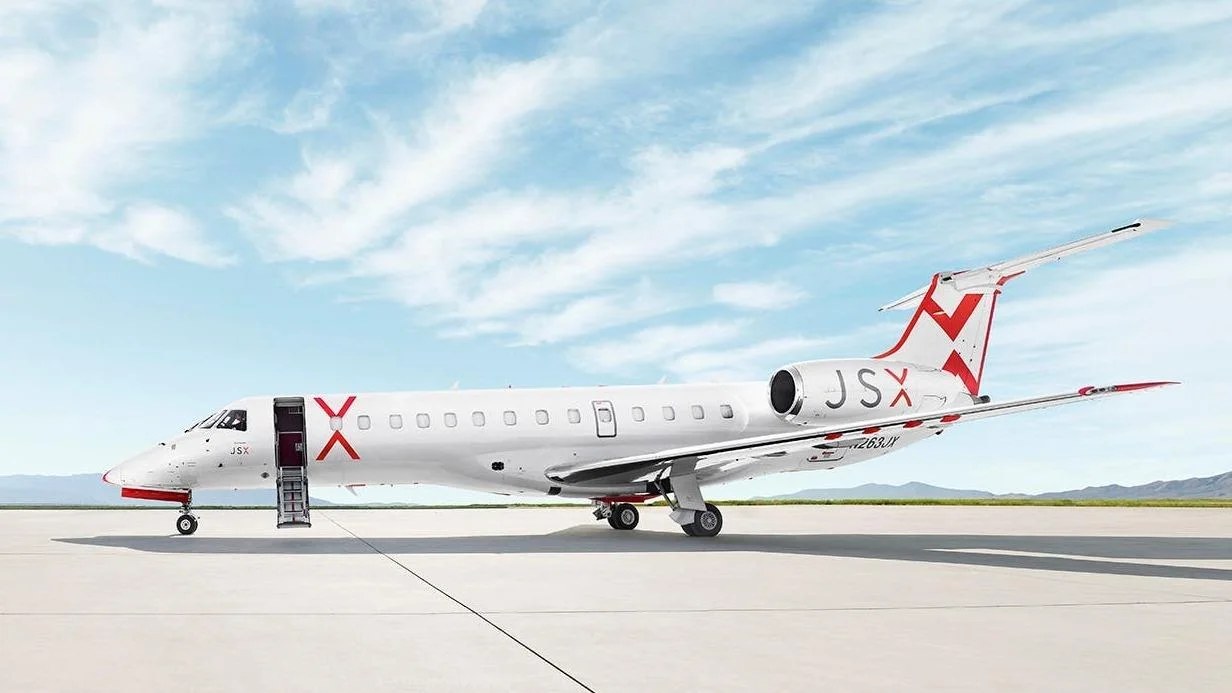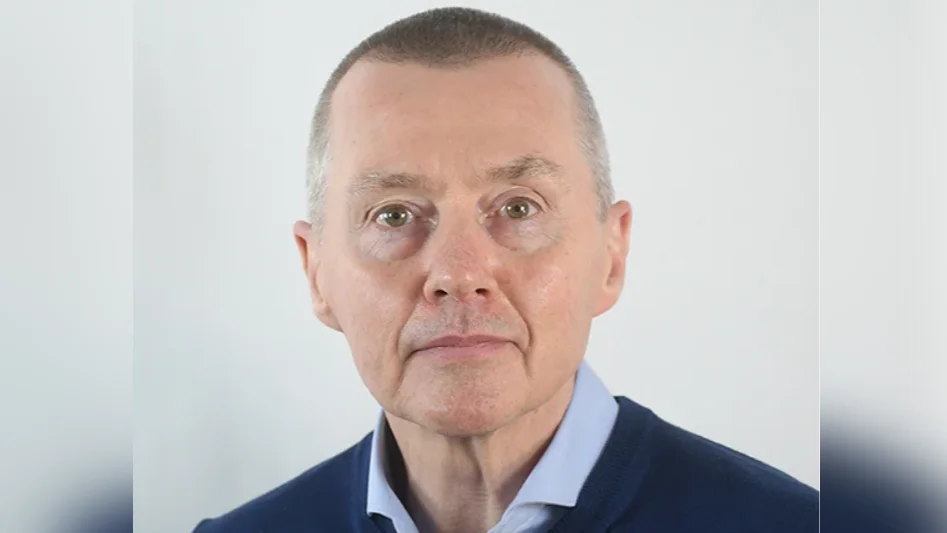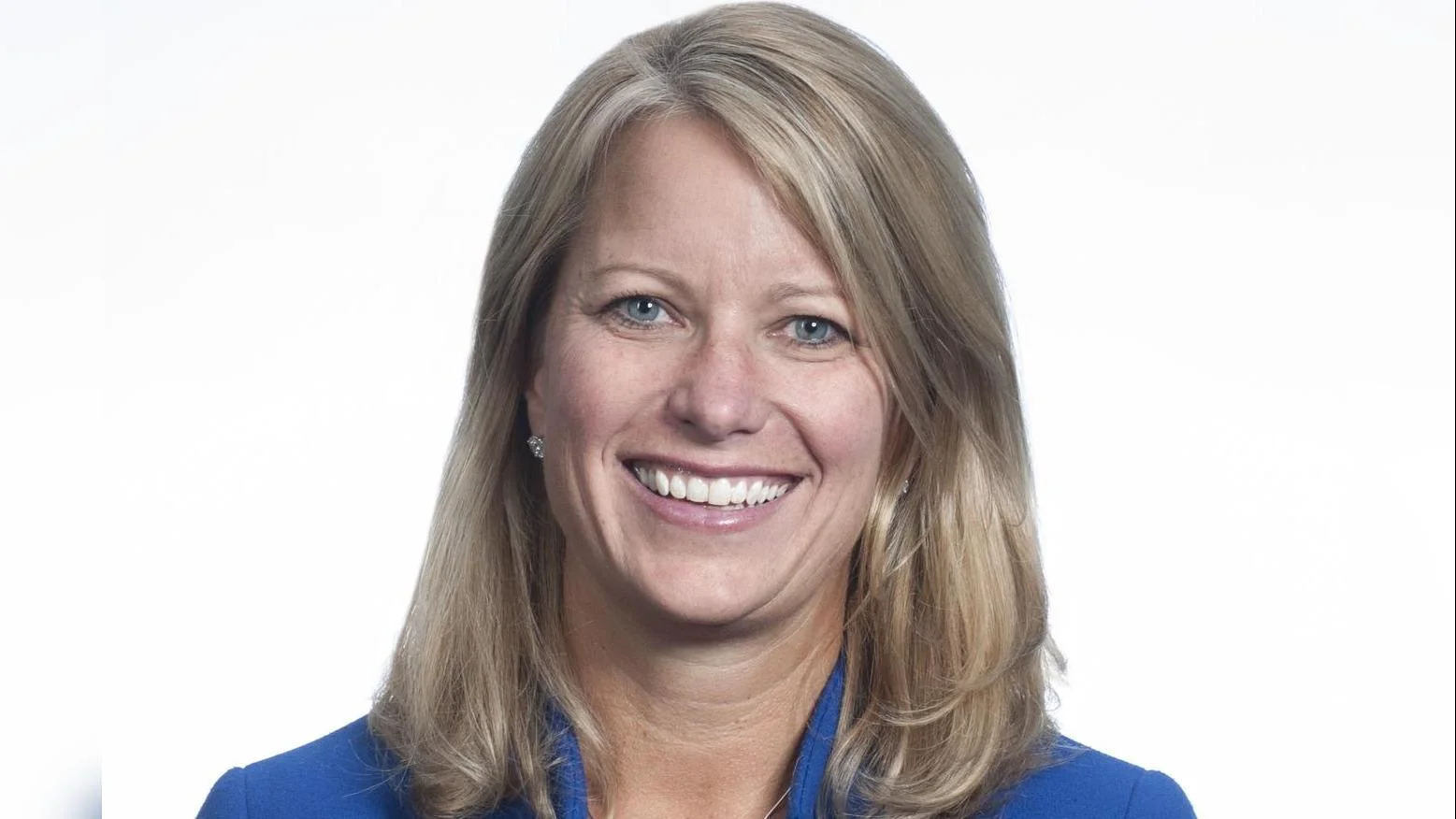The technology uses control software to “translate” pilot inputs into the 16 rotors and has been developed with Technalia. The rotors tilt at up to 30 degrees.
The company aims to have the piloted Integrity certified and ready to enter service in 2030, operating at speeds of up to 136 knots. In addition to passenger flights, it envisions applications such as freight deliveries, emergency service support, and tourist sightseeing.
According to Crisalion's managing director Manuel Heredia, the company is consulting with prospective customers to refine the design. For instance, it is looking to build in flexibility for roles that could include freight deliveries, emergency medical services, and tourist sightseeing. One change implemented so far will make it possible to carry golf bags.
Business aviation group iJet recently placed a provisional sales agreement for 10 of the Integrity aircraft with plans to operate these in destinations around Malaga and potentially the Balearic Islands. On July 8, Spain Euroairlines signed a contract for five more units.
Having already flown a technology demonstrator, Crisalion plans to fly another scale model later this year. One objective is to evaluate a new FlyFree feature that allows the pilot to transfer authority between the automation system and conventional flight controls as it transitions from vertical to cruise flight.
The program timeline calls for first flights with a full-scale aircraft in 2026, followed by first conforming aircraft in 2027. Crisalion wants to exhibit a full-scale mock-up at the Paris Air Show next year.
Heredia told AIN that negotiations are ongoing with potential suppliers and partners. The company intends to act as an integrator for key systems of the aircraft.
Crisalion is now engaged in a second phase of fundraising and seeks double the €20 million raised so far. Next year, it plans an ambitious round that could include investors from beyond Europe, including potentially from the Middle East. In April it opened a subsidiary in Qatar.
---
 Alerts Sign-up
Alerts Sign-up




































